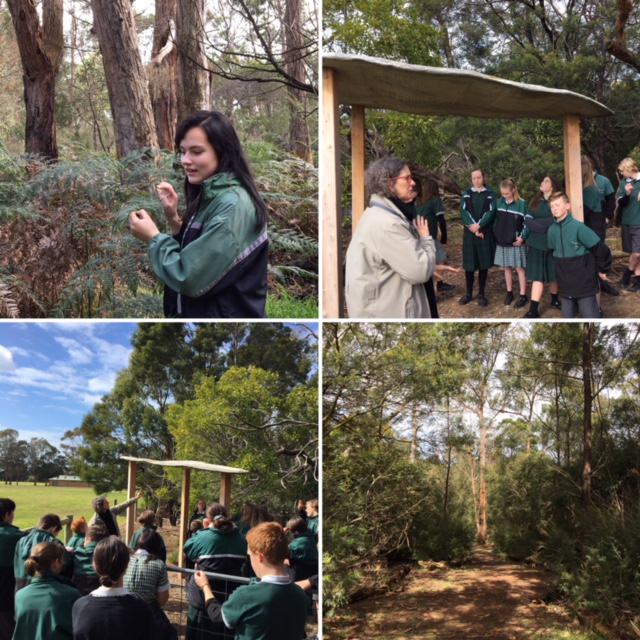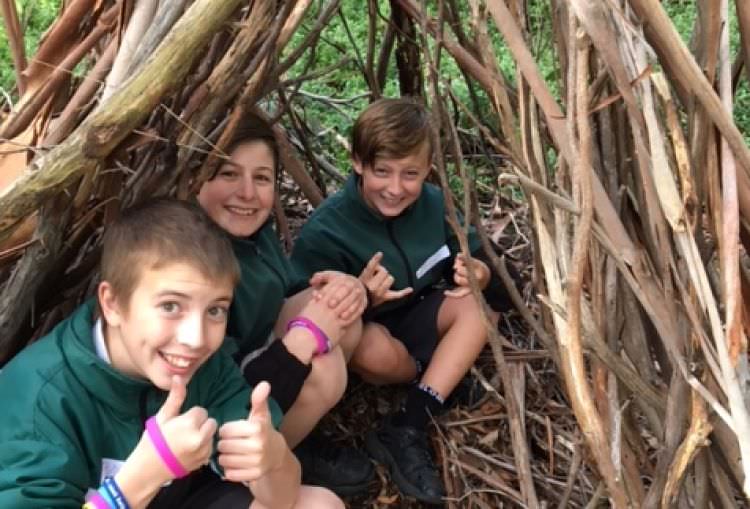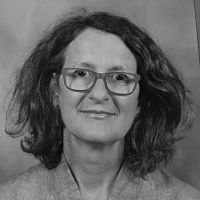When I started in education in the late 1970s my launching pad had been the free education of the Whitlam era, heady Melbourne uni days of a strong student union, anti-uranium marches and the punk era with a strong dose of Leonard Cohen poetry thrown in the mix.
English teaching method classes in no way prepared me for the realities of facing a classroom.
Fast track to landing, rather uncomfortably at my current school, around 26 years ago. Why did I choose to stay in the one place for so long? What drove me and anchored me?
The staff who worked at Western Port Secondary College had a passion for what they were doing, a belief in the capacity of young people and that this school had a strong sense of community, of sticking together to make things work.
The conversations I had with young people in both my counselling role and then as an Assistant Principal both grounded and motivated me. What I learnt about resilience, dealing with grief and trauma, the impact of domestic violence and emotional and physical neglect, diffusing anger and the whole gamut of human emotions and experiences, I learnt, not from textbooks and manuals, but from them. It gave me a whole lot of faith in young people, a belief that their voices need to be heard at every level and a determination to create a learning environment that put them at the centre.
Students wanted more opportunities for experiential learning. They wanted to get outside the classroom and into ‘the real world’. Ash Buchanan, the founder of Cohere and Benefit Mindset, talks about creating spaces physically, psychologically, socially and emotionally, ‘vitalising spaces that nourish the mind, engage the senses and touch the soul.’
Over a 15-year period, students from across the school became involved in a range of projects from creating a spiral meditation garden, to setting up a sculpture park and community market, designing and landscaping the school grounds and creating a wetland.
In 2016, we became involved in The Paradigm Shifters , a collaboration with the Mitchell Institute, Victorian Association of State Secondary Principals and the New South Wales Secondary Principals’ Council . For me this was transformational and led to a significant shift in my thinking and teaching. I had to take an intellectual risk and be prepared to fail and learn from it. The principles of entrepreneurial learning, as developed by Yong Zhao, include personalised learning, students pursuing their passions and strengths through student voice and choice within a broad and flexible curriculum, product oriented learning in a globalised campus and engagement in entrepreneurial activities aiming to produce authentic products and services.
My role as teacher changed to one of facilitator, mentor, curator, critic and advocate. Part of this meant re-languaging learning for the students.
Our students struggled with identifiying their passions and coming up with project ideas. We gave them some ‘umbrellas’ to work under, with a focus on making a difference by developing products and services that would impact on our school and the broader community. Threaded into these projects was their interest in creativity and the natural world.
What I hadn’t anticipated was the difference it made for them in terms of their sense of belonging, their voice and their relationships with each other. A large focus of these projects was the development of their 21st century skills: collaboration, communication and creativity and in terms of the Victorian Curriculum, their personal and social capabililties, specifically self and social awareness.
We have used what we learned from The Paradigm Shifters to continue our entrepreneurial journey. This year, students from across four different year levels have been creating a program for primary students within our bush block, a .8-hectare site with significant remnant Indigenous habitat. The students develop activities based around science, ephemeral art, mindfulness and bush play.
The students are the creators, curators, designers and facilitators of this project. They have been the researchers, collaborators, experimenters. They are connecting with new mentors, advisers and experiences. They have been the seekers of adult feedback and givers of feedback to each other. They have led the communications with key stakeholders, within and beyond the school. I have watched them, sitting in a circle reflecting on their experiences and giving each other genuine, constructive, unprompted, critical feedback:
‘I used to be concerned that I wouldn’t be able to go out into the world and wouldn’t feel that I’m capable and it kind of gives me the opportunity to grow and I’m like “I have those capabilities now. I can do some stuff.”’
‘It’s like an umbrella too. You’re not focussing on one area, which is great. You’re focussing on multiple at the same time and that’s something that people out in the world do want, multiple capabilities.’
One year 11 student who has struggled with significant personal issues said “I see (the project) as such a benefit in letting our students grow, in not only their communication, but also their leadership qualities. I believe this is going to be one of the defining moments of our school. This is probably the biggest project I have been involved and I am so proud to be a part of it.”

Their commitment to this project and their connection to each other has engendered a sense of community and belonging. Research from The Australian Council for Educational Research (ACER) has shown a sense of belonging to be an important schooling outcome in its own right. ACER Deputy CEO (Research) Dr Sue Thomson says ‘for some students it really makes a difference to their educational success and long term health and wellbeing’.
I have seen this first-hand: when students are given the chance to be designers of their own learning and can participate in projects that ignite their passions, require a high degree of collaboration, creativity and student voice, they thrive. What I have observed is the capacity they have to connect, commit, relate and collaborate on a deep and rich level, to reflect and philosophise, show wisdom and self awareness.
What worries me is the burden that a high stakes testing system places on leaders, teachers and the students themselves. It is time for a new paradigm. We have lost sight of the heart of what we are doing in the struggle to attend to all the detail and the requirement to meet benchmarks. What I believe matters fundamentally are relationships, authentic opportunities for student voice and involvement in decision making about their own learning. These create a sense of belonging and connectedness to each other, their ‘teachers’ and their school and community. When we have these right, young people feel like engaging and learning.
The hardest thing for me to let go of as I transition out of education into my own entrepreneurial projects at the end of the year will be the relationship with the students and the power of their ‘voice’ to inspire, hearten and motivate me.


